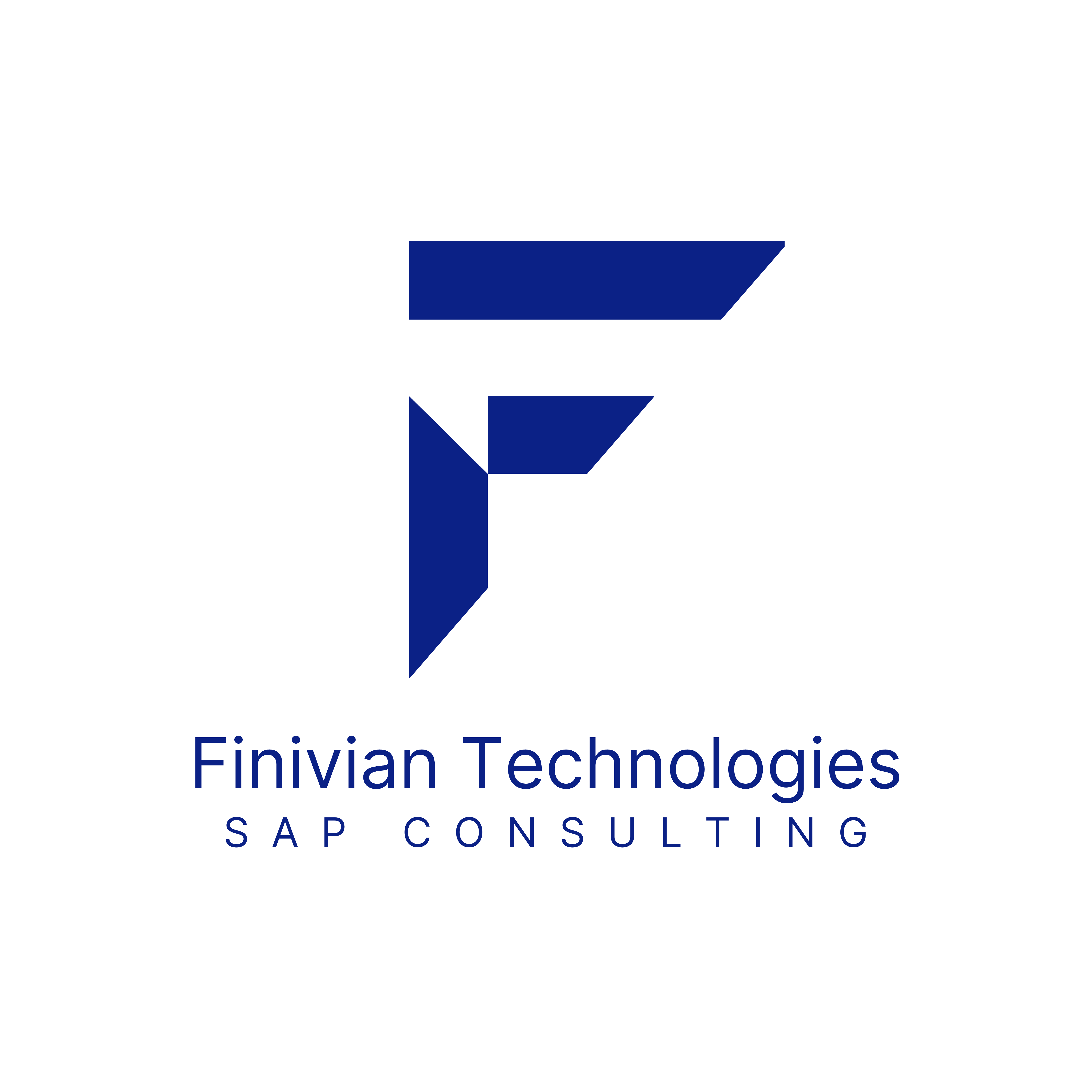Introduction: The Mid-Life Career Dilemma
You’ve hit your 30s. Perhaps you’ve been working in operations, finance, HR, or logistics for a decade now. You’ve gained solid experience, climbed a few rungs of the corporate ladder, and built a stable career. But something feels off.
Maybe it’s the lack of growth in your current role.
Maybe you’re not being challenged anymore.
Maybe you’re watching your peers leap into tech roles and wondering, “Is it too late for me?”
You’ve been hearing a lot about SAP—the high-paying, in-demand, enterprise software skill that’s driving global businesses. But now the million-dollar question arises:
“Can I really start learning SAP after 30?”
And the answer is: YES. You absolutely can.
In this blog, we’ll walk you through everything you need to know to make a confident, well-informed transition into the SAP world—regardless of your age.
What is SAP and Why Is It So Powerful?
Before diving into your career switch, let’s clarify what SAP actually is.
SAP stands for Systems, Applications, and Products in Data Processing. It’s an ERP (Enterprise Resource Planning) software that helps companies manage various business processes—finance, sales, human resources, procurement, inventory, manufacturing, customer service, and more—through a single integrated system.
SAP powers:
- 77% of the world’s transaction revenue
- Over 440,000 companies worldwide, including 91% of Forbes Global 2000
- Thousands of industries, from automotive to retail to pharmaceuticals
This software is the digital spine of most large enterprises. As a result, SAP professionals are in constant demand—from developers and functional consultants to analysts, testers, architects, and trainers.
SAP is not a single product; it’s an ecosystem. There’s SAP S/4HANA, SAP Fiori, SAP BTP, SAP Analytics Cloud, and much more. Each module or area specializes in a different business process.
So where do you fit in? Let’s explore that.
Why Switching to SAP After 30 is Not Just Possible, But Smart
Here’s the truth: Age is not a disadvantage. In fact, entering SAP after 30 can give you a competitive edge.
✅ You Bring Domain Expertise
Unlike fresh graduates, you have real-world experience. If you’ve worked in:
- Finance: SAP FI (Financial Accounting) or CO (Controlling) modules will feel like home.
- Procurement or Inventory: You’ll thrive in SAP MM (Materials Management).
- Sales & Distribution: SAP SD will match your skillset.
- Human Resources: You might enjoy working with SAP HCM or SuccessFactors.
Your domain experience gives you context. You already understand the pain points businesses face. You’re not just learning buttons—you’re connecting them to real challenges.
✅ Higher Maturity & Focus
Most 30+ professionals bring a level of maturity, discipline, and focus that’s rare in early 20s. You know how to manage time, prioritize goals, and stay committed. This helps massively when you’re learning something as deep as SAP.
✅ Career Longevity Still Exists
If you switch now, you have 20+ years of work life to build a new path. Starting a new chapter at 30 or 35 means you’re not late—you’re just getting started in a more aligned direction.
“But Isn’t SAP Too Technical for Me?”
This is one of the biggest misconceptions.
Not all SAP roles require coding. SAP roles are split into:
- Functional Roles (business-process focused)
- Technical Roles (code, development, system architecture)
If you come from a business background, Functional Consulting is your best fit. You’ll focus on:
- Understanding client business processes
- Configuring SAP to match those processes
- Testing, documentation, training, and client support
No coding. Just logic, understanding, and documentation.
On the other hand, if you’re curious about programming, technical roles like ABAP (SAP’s programming language), Fiori (UI design), or SAP BTP (cloud platform) are open to you—but they’ll require you to pick up technical skills.
In short: You choose your path.
Whether you are tech-savvy or business-minded—SAP has a space for you.
Learning SAP After 30: What It Really Takes
Let’s talk honestly about what’s involved in making the switch.
🔹 Time Investment
Most people can start learning the basics of an SAP module within 2–3 months (if they study part-time). Real-world projects and mastery might take 6–12 months.
If you have a full-time job or family responsibilities, you’ll need to plan smartly. Consistency beats speed.
🔹 Training Options
You can learn SAP through:
- Official SAP Learning Hub
- Authorized training institutes
- Mentorship programs
- YouTube & free resources (for basics)
- Demo servers for hands-on experience
Choose a learning path that includes real-time projects, case studies, and practice sessions.
🔹 Certifications (Optional, But Valuable)
SAP certifications give you credibility, especially when you’re starting from scratch. While not mandatory for landing your first job, they do make your resume stand out.
Challenges You May Face—and How to Overcome Them
❌ “I feel behind compared to younger techies.”
✅ Your experience is your strength. Younger professionals may know tech, but they lack business insight. Clients trust consultants who understand the bigger picture.
❌ “Learning while working full-time is hard.”
✅ Use weekends, evenings, and micro-learning sessions. One hour a day = 30 hours a month.
❌ “I don’t know where to begin.”
✅ Start with exploring SAP modules aligned with your background. Don’t rush. Pick one module. Master it.
What Roles Can You Get After Switching to SAP?
Once you’ve built enough knowledge and practice, here are some career options:
- SAP Functional Consultant (SD, MM, FI, CO, PP, HCM, etc.)
- SAP Technical Consultant (ABAP, Fiori, BTP, UI5)
- SAP End-User or Analyst (entry-level exposure roles)
- SAP Project Coordinator (for people with PM or domain experience)
- SAP Tester or Support Executive
And once you grow, you can aim for:
- SAP Architect
- Team Lead
- Freelance Consultant
- Project Manager
- Functional Solution Designer
The opportunities are endless.
So, Is It Too Late to Start SAP After 30?
Let’s put it this way:
SAP is not a trend—it’s a global industry standard. Companies will keep needing SAP professionals for decades to come.
Your 30s are not a limitation—they’re a launchpad.
If you’re willing to learn, practice, and adapt—there’s nothing stopping you from building a powerful, rewarding SAP career.
You’re not starting over. You’re building on top of your experience—and that’s a big advantage.

At Finivian Tech, we don’t just implement
SAP—we empower people to grow with it.
Whether you’re an aspiring SAP consultant, a business exploring digital transformation, or someone looking for career clarity, we’re here to guide you.
💡 Explore our insights, follow us for more SAP guidance, and if you’re serious about entering the SAP world, let’s connect. Your future in tech doesn’t have an age limit.
👉 Get in touch with us today to learn more about our services, training, or collaboration opportunities.

